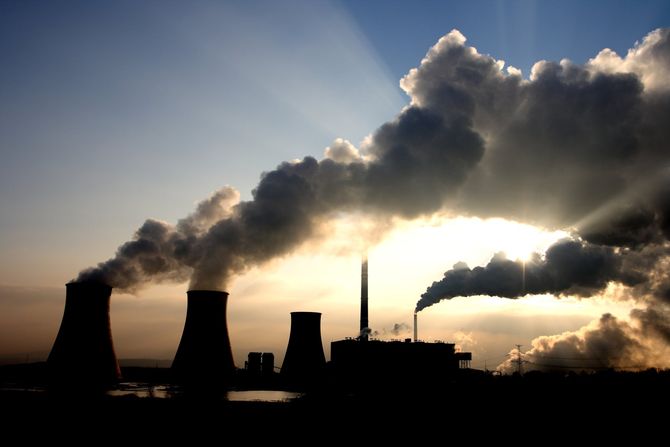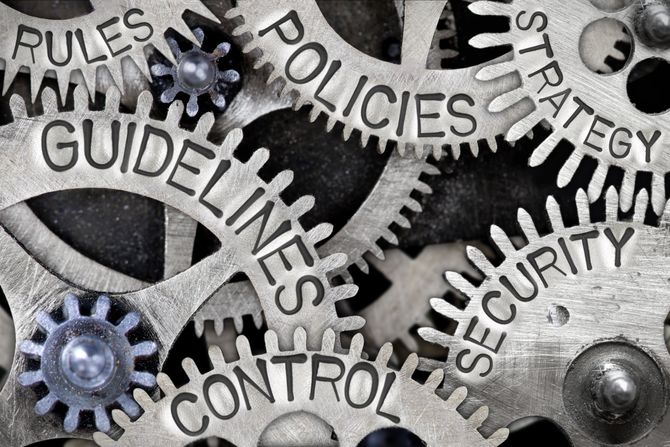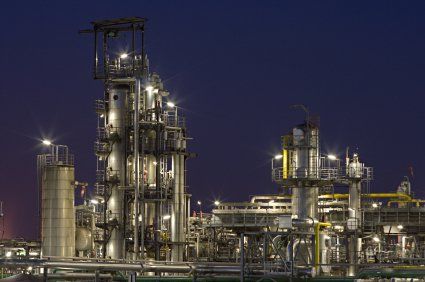Climate change negotiations

The international negotiations on how to tackle climate change are constantly evolving in terms of required ambition levels, ways to implement efforts efficiently and equitably and instruments to facilitate the process. Our insights into current discussions, the positions of countries involved and their relevance for various stakeholders helps us understand risks & opportunities, develop new proposals and assess impacts of possible outcomes.
Our activities cover the adequacy of commitments, effort-sharing approaches, Nationally Determined Contributions (NDCs), Net-Zero Emissions (NZE) and low-carbon transition, clean technology, innovation, R&D and technology transfer, climate finance, and the development of the global carbon market.
More information on our projects
Emissions trading & Carbon pricing
The global carbon market is expanding rapidly. Carbon taxation and fossil fuel subsidy removal are also increasingly used to reflect the real cost of carbon emissions. Our extensive, up-to-date knowledge on carbon pricing instruments (CPIs) can help improve the understanding and design of such instruments, assess policy and market developments and evaluate impacts on stakeholders.
Our expertise includes the EU emissions trading system, other CPIs around the world, the voluntary carbon market and market mechanisms under development under the Paris Agreement as well as the interrelation between the different instruments and between CPIs and other policy areas.
More information on our projects

Policy design & evaluation

The design and implementation of effective policies is crucial in achieving climate change objectives while minimising the use of negative economic and social impacts on stakeholders and limiting the need for scarce public resources. Monitoring energy & climate policies' progress allows for timely adjustments when needed to ensure targets are achieved.
We work for policy makers, implementing agencies as well as potentially affected stakeholders. This allows us to integrate stake-holder views and practical considerations into smart policy design. At the same time it supports stakeholders in understanding how their operations may be affected by such policies and how those impacts can be dealt with.
More information on our projects
We work for policy makers, implementing agencies as well as potentially affected stakeholders. This allows us to integrate stake-holder views and practical considerations into smart policy design. At the same time it supports stakeholders in understanding how their operations may be affected by such policies and how those impacts can be dealt with.
Industrial energy use & emissions
Industry is responsible for a large share of energy use and GHG emissions and substantial improvement potentials exist. At the same time, industry is also global and affected by unequal playing fields caused by different policy environments. Time and support measures are needed to facilitate a smooth low-carbon transition, limiting unmanageable economic and social impacts.
Our activities include assessing industrial performance and the potential to improve energy efficiency and limit emissions across countries, developing and implementing industrial energy and climate policies, and assessing the impacts of policies, internationally agreed targets and carbon prices on industrial competitiveness.
More information on our projects

